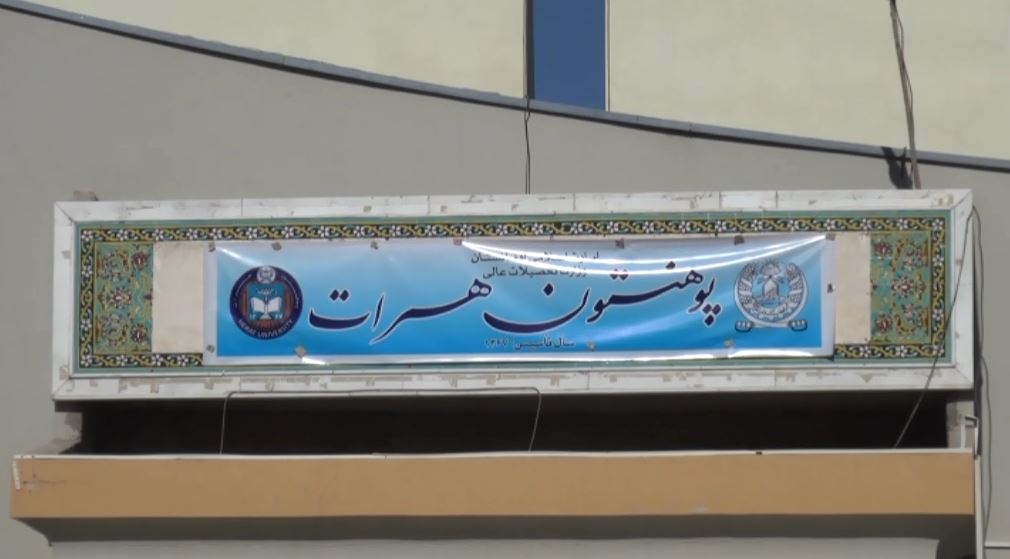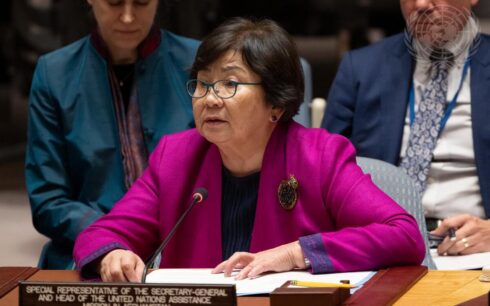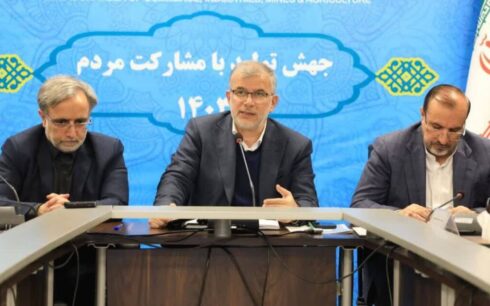Herat University, one of the largest in the country, is facing a severe shortage of lecturers as hundreds fled following the takeover by the Taliban.
This exodus has had a negative impact on the quality of both lectures and the morale of students.
The former head of the university, Abdullah Faiz, said that factors contributing to the mass exodus included the threat to their security, an uncertain future, and a significant cut of over 50 percent to salaries.
“After the Taliban regained power, 300 out of 490 lecturers of this [Herat University] have left jobs and migrated to foreign countries over the past ten months,” Faiz said.
“More than 90 percent of university professors had Master’s and Doctorate degrees, and from 237 lecturers who went abroad for their Master’s degrees five of them have returned to the country,” he added.
Highlighting the issue, Herat University students said that the quality of education at the university has dropped significantly, which has discouraged students from pursuing their education.
The hiring of non-professional and underqualified lecturers is reportedly the reason for the drop in quality.

“The main issue at Herat University is the lack of professors. Overall, we do not have professors, and if there are, they are non-professional and their academic levels are low. In addition, we also do not have enough classrooms to study, sometimes, our classes are conducted outside,” one student, Rahmatullah, said.
Basir Rezai, another student at the university, also confirmed that the quality of education now provided is poor and that inexperienced lecturers have been hired to fill the gaps left by the staff that fled the country.
“The lecturers were experts in the past, but since the Taliban takeover all of them have left the country,” Rezai said.
According to statistics, around 70 percent of Herat University lecturers have migrated to foreign countries.
Aziz-u-Rahman, a lecturer at Herat University, told Amu TV that the university faces a shortage of academic staff which has impacted the quality of their courses.
“After recent developments [Taliban takeover], all our professional lecturers have left the country. The Ministry of Higher Education must hire replacements for these professors,” he said.
Wahab Sediqi, a former university professor who has migrated to the US, said: “It is not easy to find a replacement for lecturers in Afghanistan, and this is irreparable.”
Sediqi has a Master’s degree and he taught at the journalism faculty for twelve years. It has been 15 months since he left his job and migrated to the United States of America.

This comes as the Taliban acting minister for higher education, Neda Mohammad Nadeem said at a gathering in Herat that no foreign movements, including members of fundamentalist groups such as Hizb ut-Tahrir and Jamiat Eslah would be allowed to work at Afghan universities.
Sources familiar with the issue told Amu TV that a large number of students and lecturers at Herat University were however members of Jamiat Eslah and Hizb ut-Tahrir religious parties – which have been banned by the Taliban.
Herat University is Afghanistan’s second-largest academic institution after Kabul university. The university’s first faculties were Literature and Humanities Faculties, which started in 1988. Currently, the university has 17 faculties and offers 75 courses.
The university is home to around 14,000 students and 366 lecturers now.





